
Joan K. Austin, PhD, RN, FAAN, commented on this issue within the field, discussing key findings from 2 recent reviews completed by the International League Against Epilepsy Task Force on Stigma in Epilepsy.

Joan K. Austin, PhD, RN, FAAN, commented on this issue within the field, discussing key findings from 2 recent reviews completed by the International League Against Epilepsy Task Force on Stigma in Epilepsy.
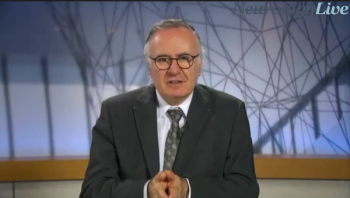
The director of Cleveland Clinic’s Epilepsy Center discussed the currently known overlap between neurological diseases and the need to identify causative biomarkers. [WATCH TIME: 4 minutes]

Slightly over one-fourth of the surveyed cohort who were concerned about Alzheimer disease reported “some” or a “fair amount” of knowledge of aducanumab (Aduhelm; Biogen).
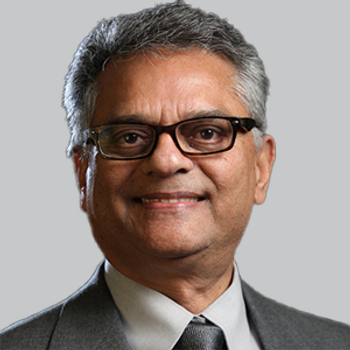
There was no significant association between Black race and clinical outcome following mechanical thrombectomy.
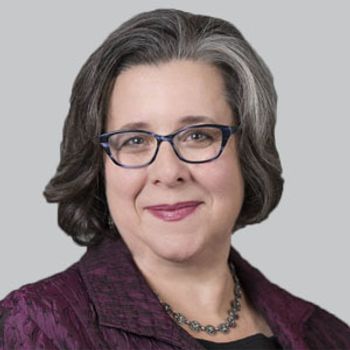
Investigators discovered a total of 23 metabolites that are associated with incident ischemic stroke in women, 4 of which were validated in independent cohorts.

The director of the Multiple Sclerosis and Neuromyelitis Optica Unit at Massachusetts General Hospital outlined a presentation he gave at a recent Institutional Perspectives in Neurology: MS event. [WATCH TIME: 3 minutes]

Kristin Galetta, MD, MSEd, provided insight on differences between B-cell depleting disease-modifying therapies for MS and how they continue to shape the future of drug development.
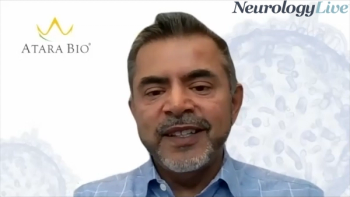
The chief medical officer at Atara Biotherapeutics provided insight on the future direction of its investigational agent ATA188 following new data that suggested a link between Epstein-Barr virus and multiple sclerosis. [WATCH TIME: 4 minutes]

With the physician deficit projected to grow larger within a decade, this global challenge has become a major focus of large organizations and medical societies.
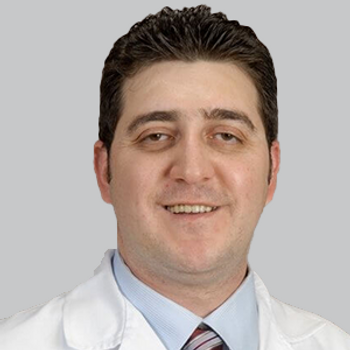
The data safety monitoring board reviewed 90-day outcomes for the first 200 patients, recommending that investigators continue the study as it currently stands.

Among participants with high sleep efficiency, those who received transcranial direct current stimulation benefitted more from language therapy than those who received sham, whereas those with low sleep efficiency demonstrated no additional benefit.
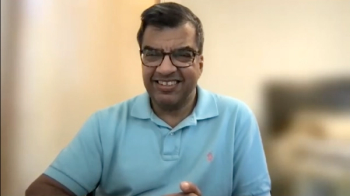
The director of the Division of Neuromuscular Diseases at UC Irvine discussed the positive data, noting that the treatment was “incredibly safe.” [WATCH TIME: 4 minutes]

Advances in technology and research have pushed the field to the brink of a revolutionary era of treatment.
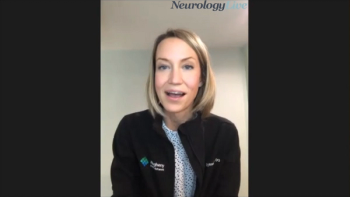
The assistant director of the Allegheny Headache Center explained the origins of the recently launched headache registry, which keeps data about patients’ responses to medications. [WATCH TIME: 6 minutes]

The Samuel W. Fordyce professor and director of Geriatric Psychiatry at the St Louis University School of Medicine provided insight on critical aspects of telehealth use for assessing and managing psychosis in patients with neurodegenerative diseases.
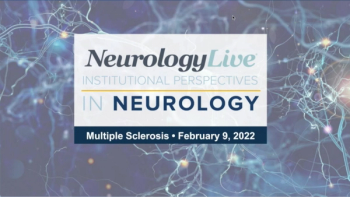
Chaired by Eric Klawiter, MD, MSc, the presentations also feature Mass General and Brigham and Women's experts Tanuja Chitnis, MD; Kristin Galetta, MD; and Michael Levy, MD, PhD. [WATCH TIME: 1 hour, 26 minutes]
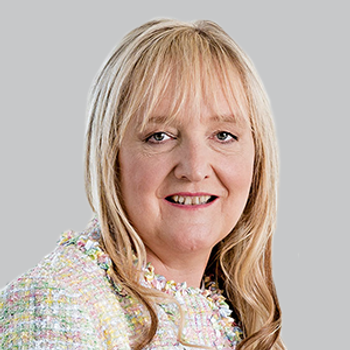
At week 10 of this interim analysis, treatment with high-dose ACI-35.030 showed no new safety signals and boosted median levels of antibodies reactive with pathological tau.

The fractional tablet aims to allow for more precise medication dosing for patients with Parkinson disease who often require several doses daily.
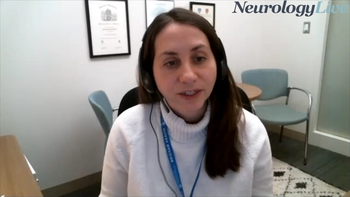
The professor of neurology at Brigham and Women’s Hospital discussed her presentation on B-cell depleting therapies such as ocrelizumab and ofatumumab for the treatment of multiple sclerosis. [WATCH TIME: 2 minutes]

Biogen proposed a 3-prong approach to generate ‘real-world evidence’ and answer remaining questions from CMS.
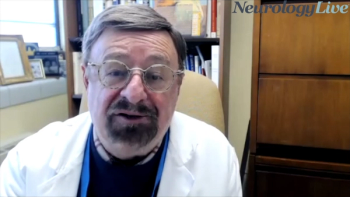
The Samuel W. Fordyce professor and director of Geriatric Psychiatry at the St. Louis University School of Medicine discussed the motivation behind recently published recommendations for clinicians who treat psychosis in neurodegenerative diseases in a telemedicine setting. [WATCH TIME: 4 minutes]

Heterogeneity suggests that identifying different types of Parkinson disease could improve patient management, the understanding of underlying disease mechanisms, and the development of target-specific therapies.

With one-third of the 3.4 million US patients with epilepsy currently experience drug-resistant epilepsy, creating an urgent need for novel intervention strategies, such as stimulation approaches.

The chief medical officer of Prime PD, a new digital wellness studio for patients with Parkinson disease, detailed future initiatives for the platform. [WATCH TIME: 4 minutes]

More than 30% of the lower dose tenecteplase group achieved major reperfusion without symptomatic intracranial hemorrhage at 24 to 48 hours after thrombolysis.
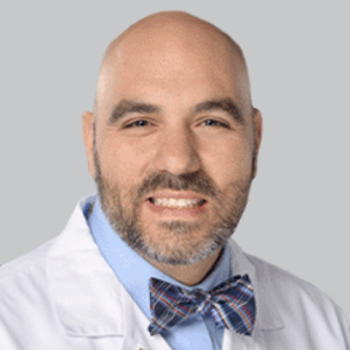
In a time when complex medical communication to the public is on display, the need to ensure patient comprehension is of utmost importance for vascular neurologists.

Here's what is coming soon to NeurologyLive®.

A greater proportion of those treated with EVT had modified Rankin Scale scores of 0-3 at 90 days and NIHSS improvements of at least 8 points or more at 48 hours, relative to standard medical therapy.

The CMO of the digital wellness studio detailed the positive feedback received thus far from patients with Parkinson disease. [WATCH TIME: 6 minutes]

The phase 4 study will evaluate the efficacy and safety of once-monthly injectable galcanezumab compared with every-other-day rimegepant taken orally.